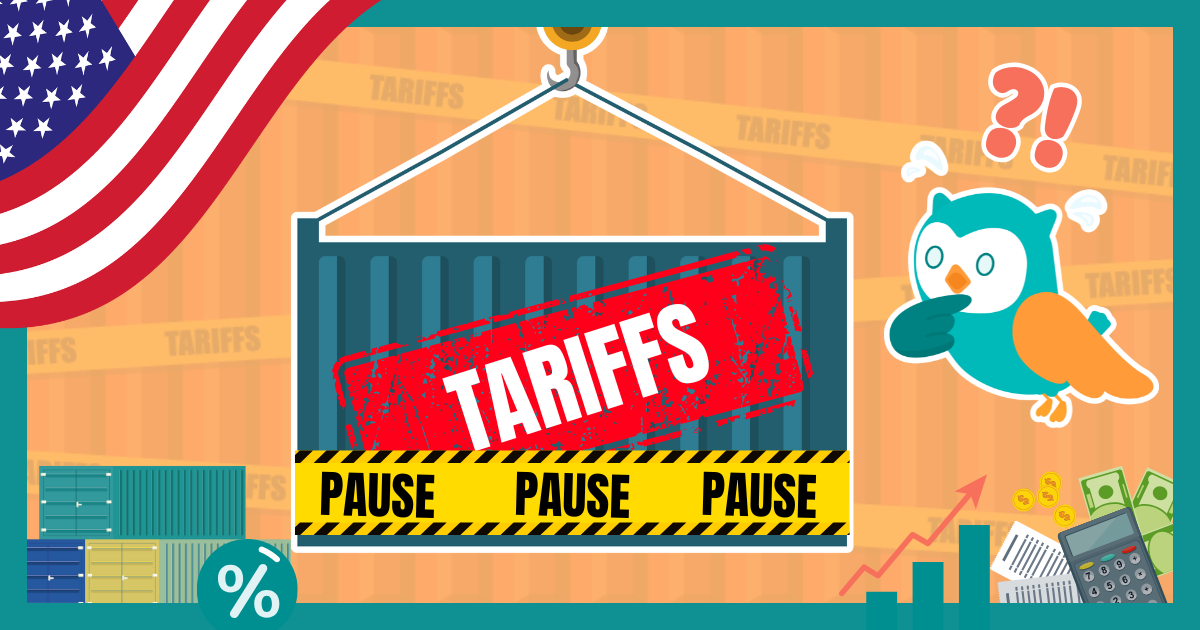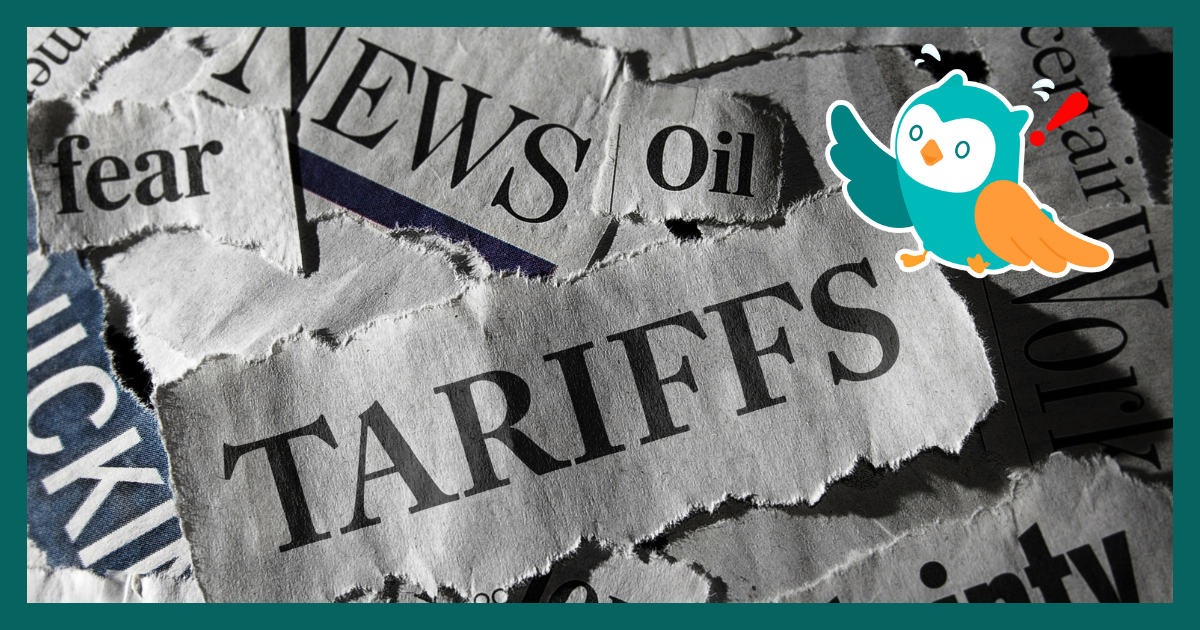Note: It was announced in November 2023 that MoneyOwl will be acquired by Temasek Trust to serve communities under a re-purposed model, and will move away from direct sale of financial products. The article is retained with original information relevant as at the date of the article only, and any mention of products or promotions is retained for reference purposes only.
______________
Dear Valued Client,
The Shangri-La Dialogue is a high-powered international defence and security forum that has been held in Singapore around the first Saturday of June every year since 2002. In my previous life as a government officer, I worked quite a number of these weekends! Through the years of this forum, there have always been serious geopolitical security issues, with rivalry among big powers, potential flash points and the risks of strategic missteps being perennial concerns. This year was no different, though the rhetoric between US and China was sharper. A small country like Singapore can offer its counsel, but it is ultimately the big powers that will determine the strategic environment for the world.
Ditto for the global economy and global markets. In the past few months, US and China have traded terse words on trade, levied tariffs and counter-tariffs and clamped down on each other’s large companies, causing many to fear an all-out trade war between the two largest economies of the world. President Trump’s announcement of tariffs on Mexico late last week added fuel to fire. The S&P500 index in the US experienced its worst May in seven years, declining by 6.6%. The MSCI All Country World Index (which has both Developed and Emerging Markets equities) declined by 5.9%. The fear is that trade tensions will cause global growth to slow. According to the IMF, global GDP growth fell from 3.8% in the first half of 2018 to 3.2% in the second half of the year, mainly because of trade tensions. For a small, open economy like Singapore, any global trade slowdown would hit us hard. The Ministry of Trade and Industry has slashed GDP growth forecasts by a full percentage point on the upper end, to 1.5%-2.5% for 2019.
During such times, it is tempting to either shift money out of the stock markets, or to try to suss out which countries, sectors or companies would be the relative winners to invest in, with the idea of shifting all these allocations again when things change. This might seem clever and nimble, but it is not wise. You will be better off doing nothing at all. Allow me to offer you a few reasons why:
- It is very difficult to time the markets or to pick winners consistently. Most active managers – who are supposedly professionals who watch the market all the time – underperform the market, irrespective of whether they invest in Developed Markets or in Emerging Markets. In any one year, fewer than 4 out of 10 fund managers beat the market. In any ten-year period, fewer than 1.5 in 10 get it right. That is less than 10%!
- In the short term, the performance of the economy is not equivalent to the performance of markets. The Global Financial Crisis years of 2008 and 2009 were hardly the epitome of global growth – in fact the period is called the Great Recession – but in those years the MSCI All Country World Index returned 44% and 137% respectively. Markets are very efficient in assimilating new data and move up and down quickly. And this is not just economic data, but also the aggregate of policy actions, expectations, technical, real company earnings and so on. In fact, stock markets, after a very bad month of May, had just had their second-best day on 4 June 2019, supposedly on signals that the Federal Reserve was prepared to use its “dry powder” in the form of a stimulative rate cut.
- You benefit if you get your timing right, but if you get it wrong, you may lose out big time. Between 1990 to 2017, the S&P500 achieved an annualised compound return of 9.8% if you had stayed invested. Every $1,000 invested would have grown to $13,739 by the end of that time. If you had missed just five single best days, your return would have dropped to 8.2% p.a., or $4,625 less. If you had missed 25 single best days, your return would have been only 4.5% p.a., which is $10,289 less. That is a lot of return to pay for getting it wrong!
- In the long term, the stock market always goes up, even after recessions, crises and wars. What this means is that there is absolutely no need to take the chance of getting your timing, selection or reading of the situation wrong, especially when it is so costly to get it wrong.
The fact is, there will always be something in the markets to worry investors, just as there will always be something to worry about in the global security arena. When things are going well, we worry about complacency and missteps. When things do not look so good, we worry about full-blown conflict and that it is the beginning of the end. As small players on a big stage, we depend on the big guys to make sensible decisions and often we wait with bated breath as we watch things unfold.
But we must focus on the things we can control. And we should act on solid evidence, rather than on conjecture. In the area of security, for Singapore, this means consistent investment in defence, building our strength for deterrence, and engaging in multilateral and bilateral diplomacy. This core strategy does not change amidst uncertainty in the larger environment. If there is an opportunity to strengthen our pillars of defence, we seize it. Similarly, for investors, we must stick to our financial plan of investing part of our income regularly in a disciplined way into a globally diversified portfolio, whose asset allocation is suited to our need, ability and willingness to take risk. Indeed, in just the last month since the launch of MoneyOwl’s investment advisory services, I am encouraged to see so many clients sign up for a monthly investment programme through the discipline of a regular standing instruction – well done on setting yourself up for success! What is left for you to do now is to stay invested so that you can capture long-term market return and remember always that whatever happens in the short term, stock markets go up in the long run. In fact, if you can fully understand this, you will be also getting ready your “dry powder”, so as to take advantage of the any upcoming “sale” in the stock markets to load up even more on stocks when they are cheap, in addition to what you are already investing regularly.
Finally, if it is difficult to manage the emotions when the markets are rough, our fully salaried client advisers are here to talk with you as your risk coach, because MoneyOwl is not a pure roboadviser, but a Bionic Financial Adviser. We will journey with you. Thank you again for entrusting your money to MoneyOwl.
Yours sincerely,
Chuin Ting Weber, CFA, CAIA
CEO & CIO, MoneyOwl




